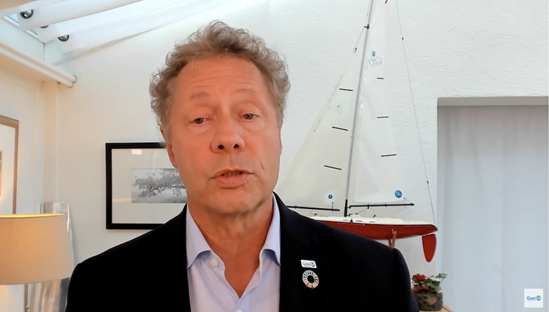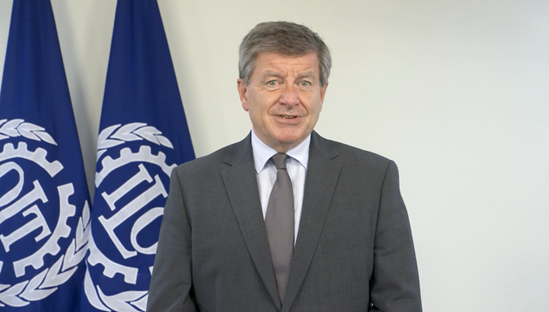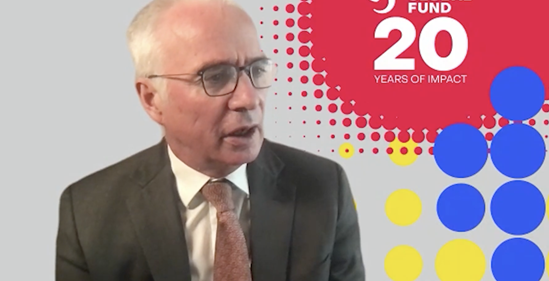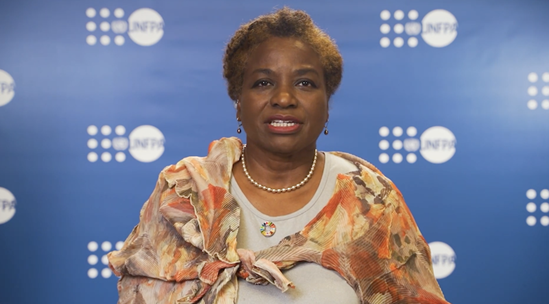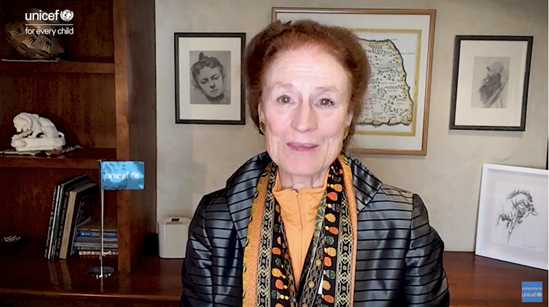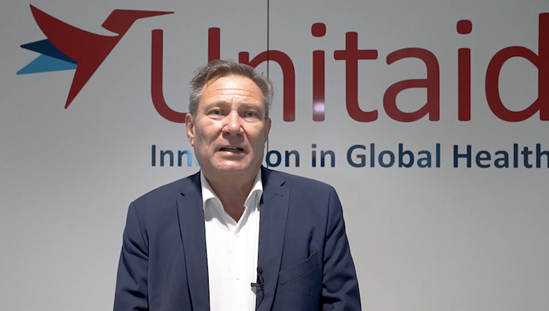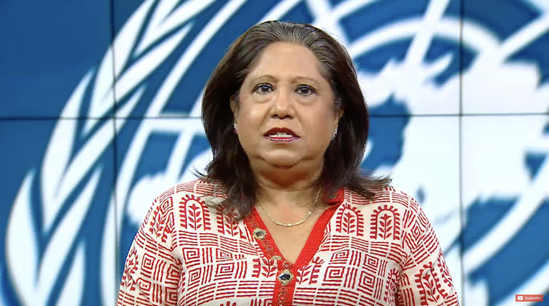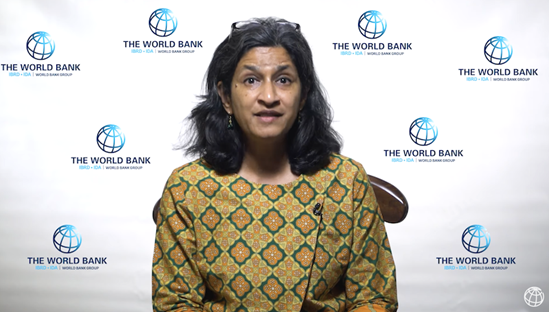Joint commitments
SDG3 GAP agencies are guided by four commitments:
Engage with countries better by jointly aligning their support around country owned and led national priorities and plans, and implementing together.
Accelerate progress in countries through joint actions under specific accelerator themes and on gender equality and global public goods.
Align, by harmonizing their operational and financial strategies, policies and approaches in support of countries’ equitable and resilient recovery towards the health-related SDGs.
Account, by reviewing progress and learning together to strengthen collaboration and to enhance shared accountability.
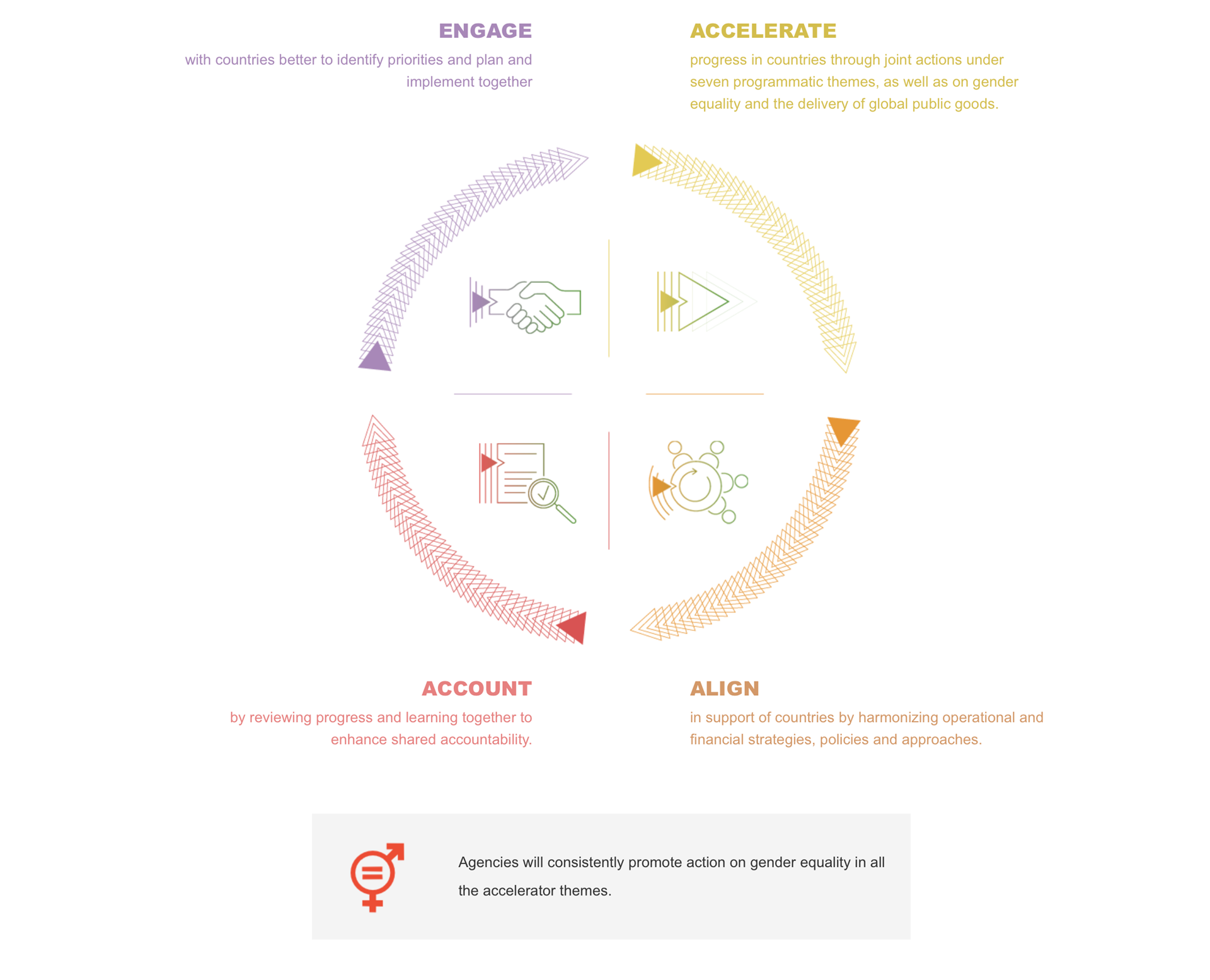
SDG3 GAP agencies provide joint support to countries through eight communities of practice based on seven “accelerator themes” and gender equality. Making progress in each of these thematic areas is essential to overall progress on the health-related SDGs. Work at the country level increasingly spans several accelerators, for example on primary health care and sustainable financing, while also helping to strengthen data systems, promote equity and gender equality and bring innovation to scale. Agencies are committed to consistently promote action on gender equality in all the accelerator themes.
The 7 accelerators themes
SDG3 GAP agencies have identified their respective agencies’ contributions at country and global levels, in support of an equitable and resilient recovery from COVID-19 and other crises. These contributions illustrate the interlinkages between the accelerators, the central role of primary health care, and the importance of equity and health financing.
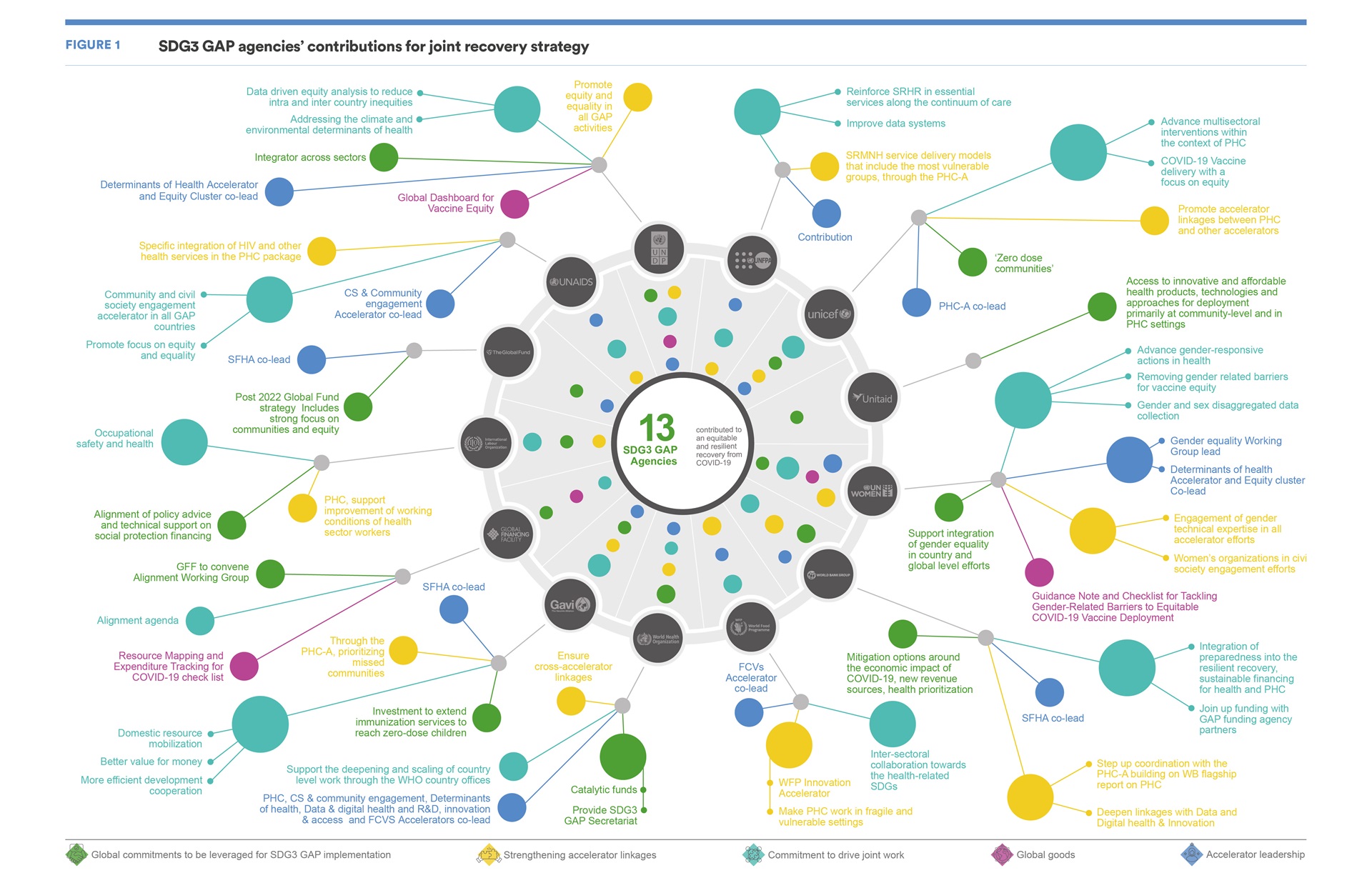
SDG3 GAP Agencies’ contributions for joint recovery strategy
The SDG3 GAP Principals have shared a joint letter with their agencies’ country- facing teams to ask that they continue to support their commitments and identify ways to further deepen and scale joint work at country level through joint planning, joint monitoring, joint promotion of equity and joint alignment with other processes.
They continue to offer and provide their support to country teams through eight communities of practice and by the roll-out of the SDG3 GAP monitoring framework to assess the quality of their collaboration and alignment.

Principals of the SDG3 GAP who signed the joint letter to country teams in January 2022
ⓒ
Future By Design
Video messages from SDG3 GAP Principals on the two year anniversary of the SDG3 GAP
Commitments of the SDG3 GAP Principals
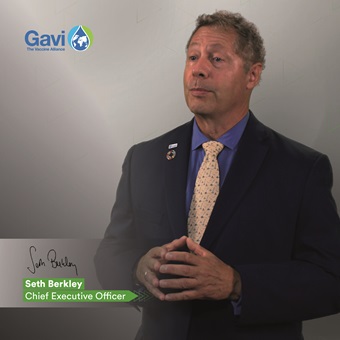
Seth Berkley, Chief Executive Officer, GAVI, the Vaccine Alliance
Gavi has only been able to achieve the extraordinary impact of vaccinating over three-quarters of a billion children since 2000 by working together with many of the 12 agencies as an Alliance [...] We know how much can be achieved with strong partnerships, but also how much potential there is to do more together and reach those who don’t have access to health. The right collaboration can become a lever for wider primary health care and, by extension, universal health coverage. That is why this new plan is so important, bringing together some of the biggest players in global health to create the conditions for better health and well-being for all.
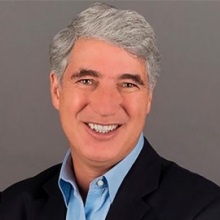
Juan Pablo Uribe, Global Director, Health, Nutrition & Population and Global Financing Facility (GFF), World Bank Group
The GFF, with partnership at its core, has been part of the GAP from its inception and is doubling down on efforts to help countries protect gains made and ensure that all women and children have access to the care they need to survive and thrive. Our focus must be to support country leadership in strengthening and investing in their health systems, including for better pandemic preparedness and ensure that the poor and vulnerable are not left behind.
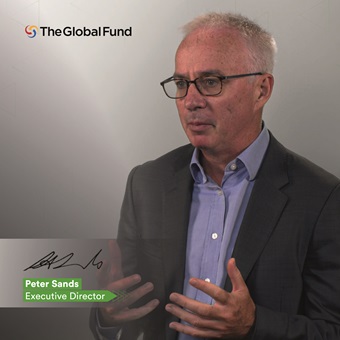
Peter Sands, Executive Director, Global Fund to Fight AIDS, TB and Malaria (The Global Fund)
Our calculus is simple: the Global Fund is a partnership, and the better we collaborate and coordinate with partners, the more impact we can have [...] We are committed to playing our part in making the Global Action Plan a reality.
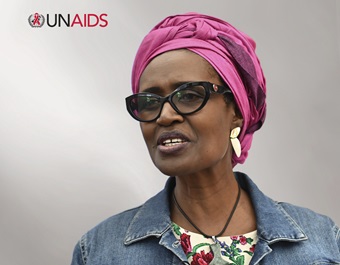
Winnie Byanyima, Executive Director, The Joint United Nations Programme on HIV/AIDS (UNAIDS)
With UNAIDS support, the Global Action Plan is engaging communities and civil society as the critical feet on the ground to ensure stronger collaboration and achieve better health outcomes for all.
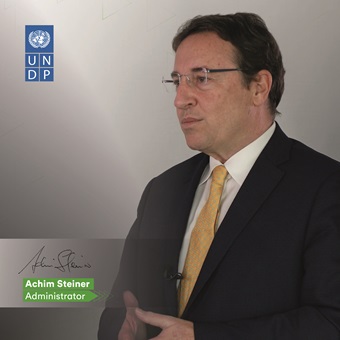
Achim Steiner, Administrator
United Nations Development Programme (UNDP)
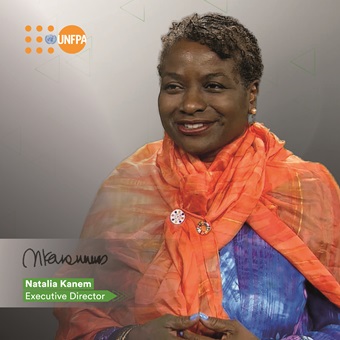
Natalia Kanem, Executive Director
United Nations Population Fund (UNFPA)
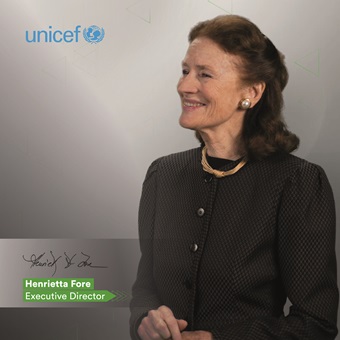
Henrietta Fore, Executive Director, United Nations Children's Fund (UNICEF)
Millions of vulnerable children and young people are dying for want of medicines and health services. Strengthening primary health care means improving our ability to reach every last child [...] We are committed to working together with governments and partners to make sure that this goal becomes a reality one day.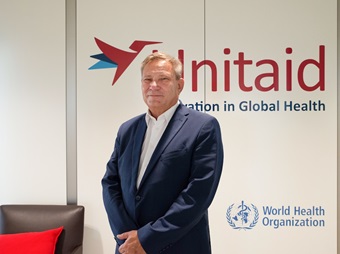
Philippe Duneton, Executive Director, Unitaid
No organization can realize Sustainable Development Goals (SDGs) Agenda on its own. To accelerate progress made towards achieving global health goals, we need strong partnerships that bring people together, such as the Global Action Plan. We are committed to improving equitable access to diagnostics and therapeutics – including oxygen – to ensure the health and well-being for all.
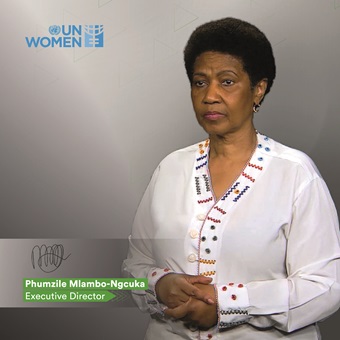
Phumzile Mlambo-Ngcuka, Executive Director, The United Nations Entity for Gender Equality and the Empowerment of Women (UN Women)
By 2030 we want to see more women and girls with informed decision-making and control over their bodies, their health and their futures, and with access to reproductive and maternal health services. They should be living securely and prospering, free from any form of violence and benefiting from non-discriminatory legislation. The Global Action Plan can serve as a road map for collective gender-transformative action to make this a lasting reality.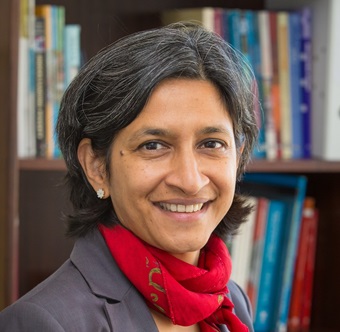
Mamta Murthi, Vice President, Human Development, World Bank Group
The world needs sustainable financing for health to accelerate coverage and quality of primary health care, to effectively respond to global pandemics, and to make progress towards ensuring good health and well-being for all. Through the Global Action Plan, all partners can work together towards creating more resilient, equitable, sustainable, and better prepared health systems.
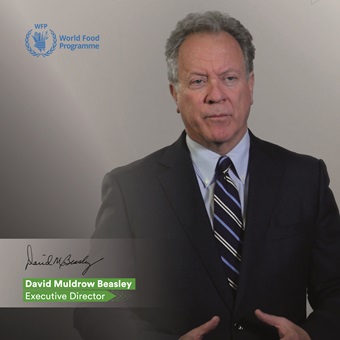
David Muldrow Beasley, Executive Director, World Food Programme (WFP)
We won’t have a world without hunger unless people can get access to the services that help them get healthier. These goals go together, hand in glove. That’s why the World Food Programme is committed to working with governments and our partners around the world to make more progress toward a healthier, well-fed world.

Tedros Adhanom Ghebreyesus, Director-General, World Health Organization (WHO)
The plan is called ‘Stronger Collaboration, Better Health’” for a reason [...] Although collaboration is the path, impact is the destination. The release of this Plan is the beginning, not the end, of that path.

